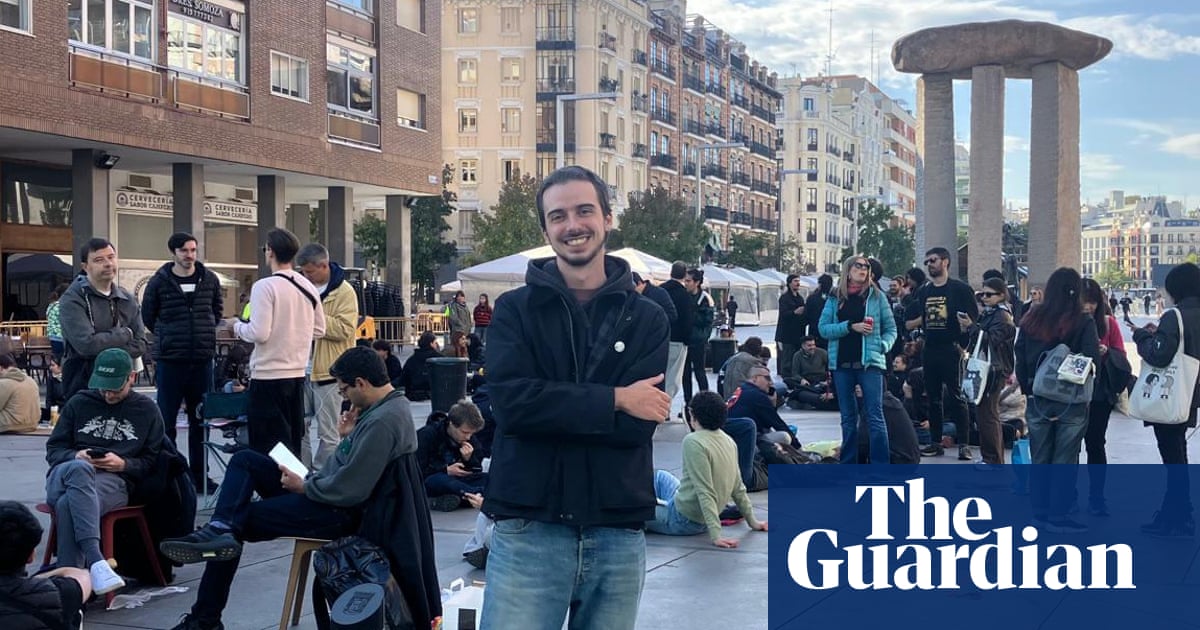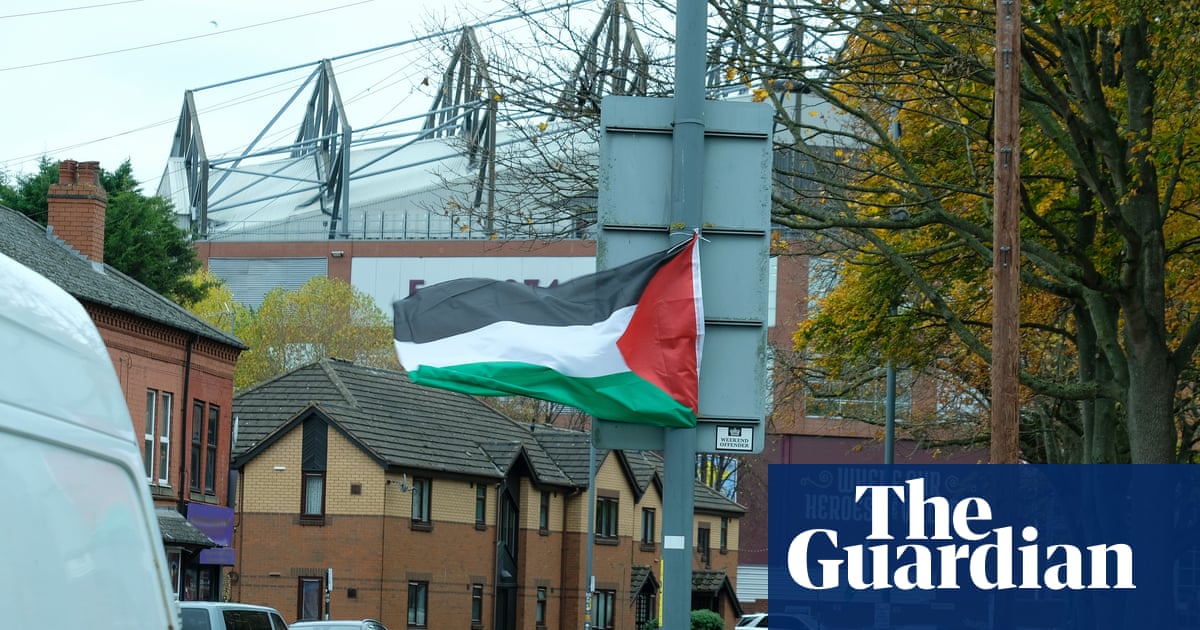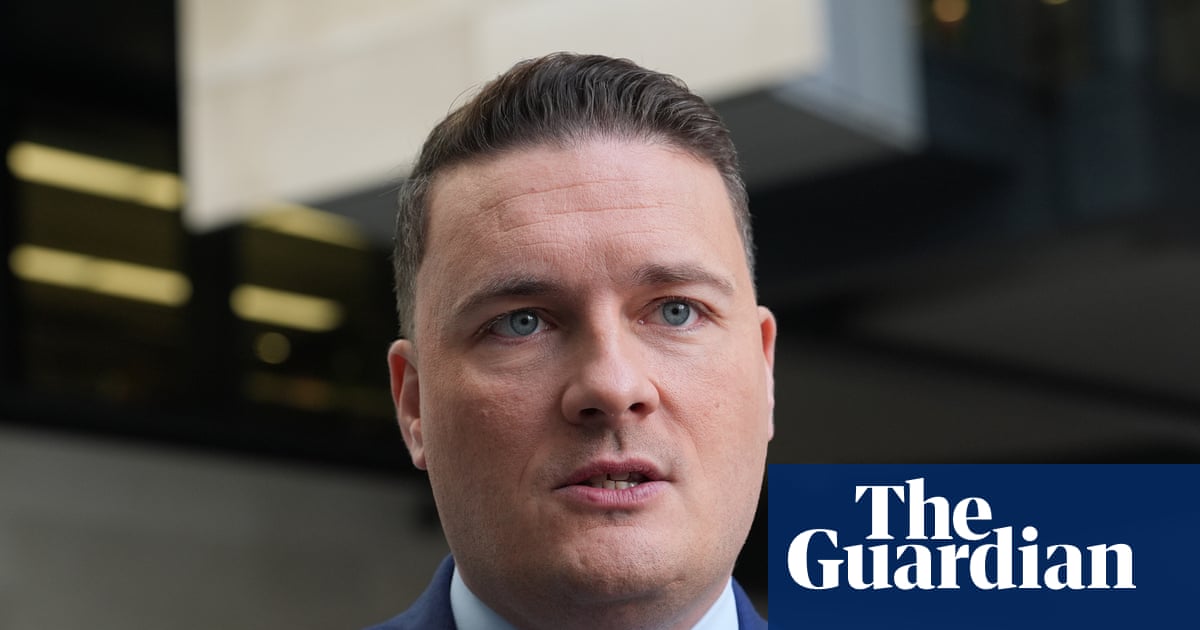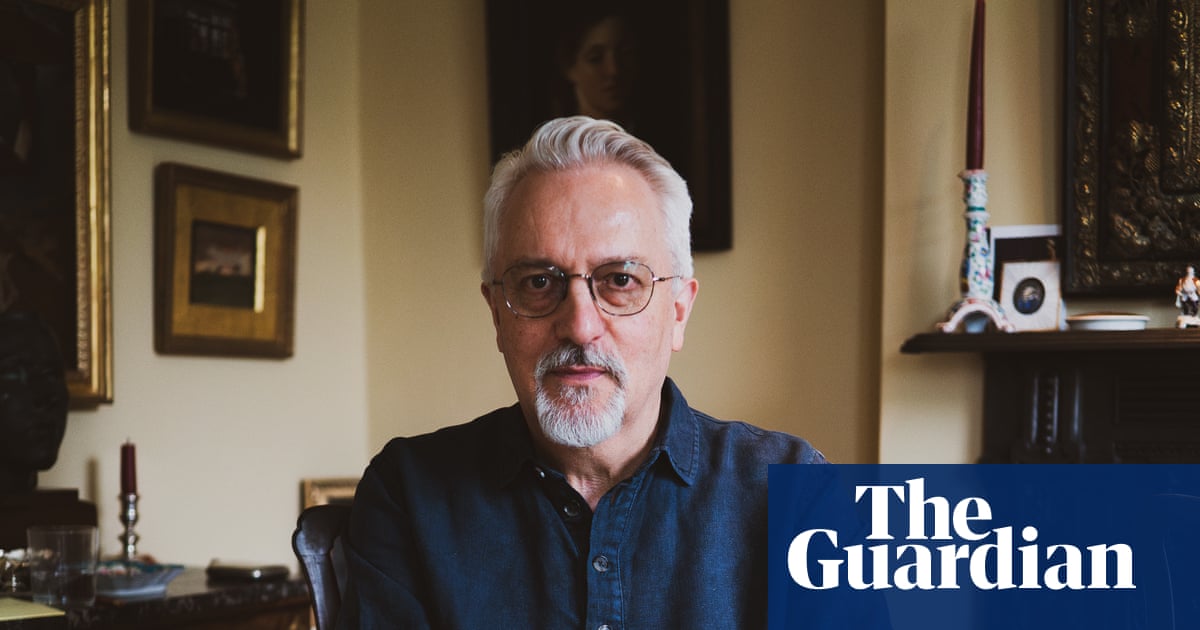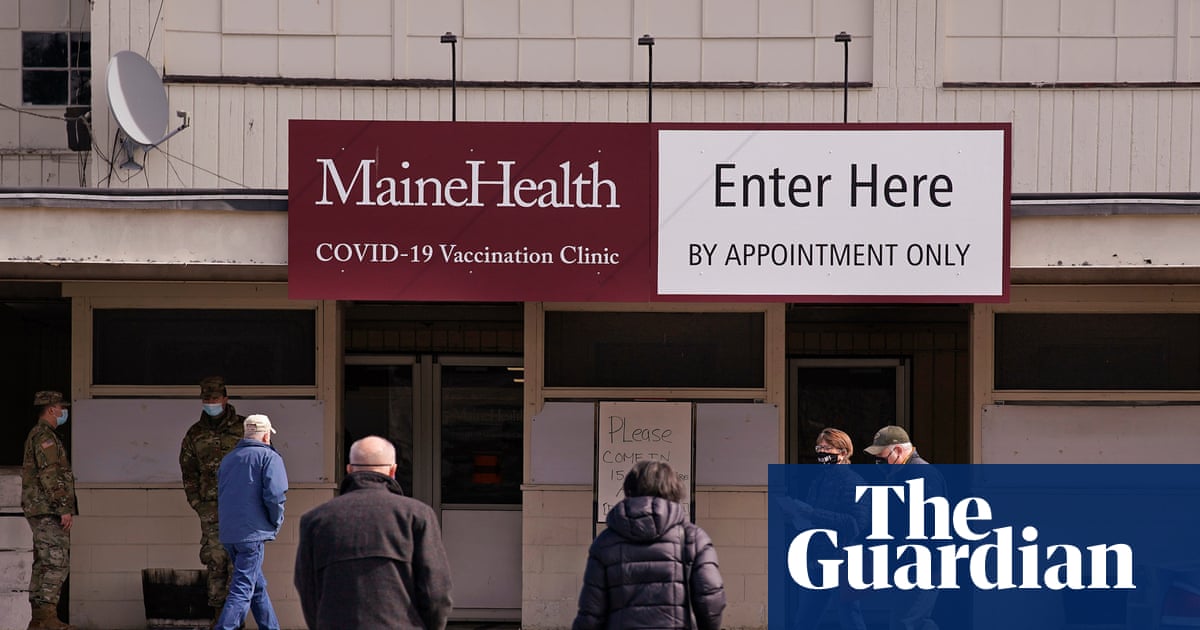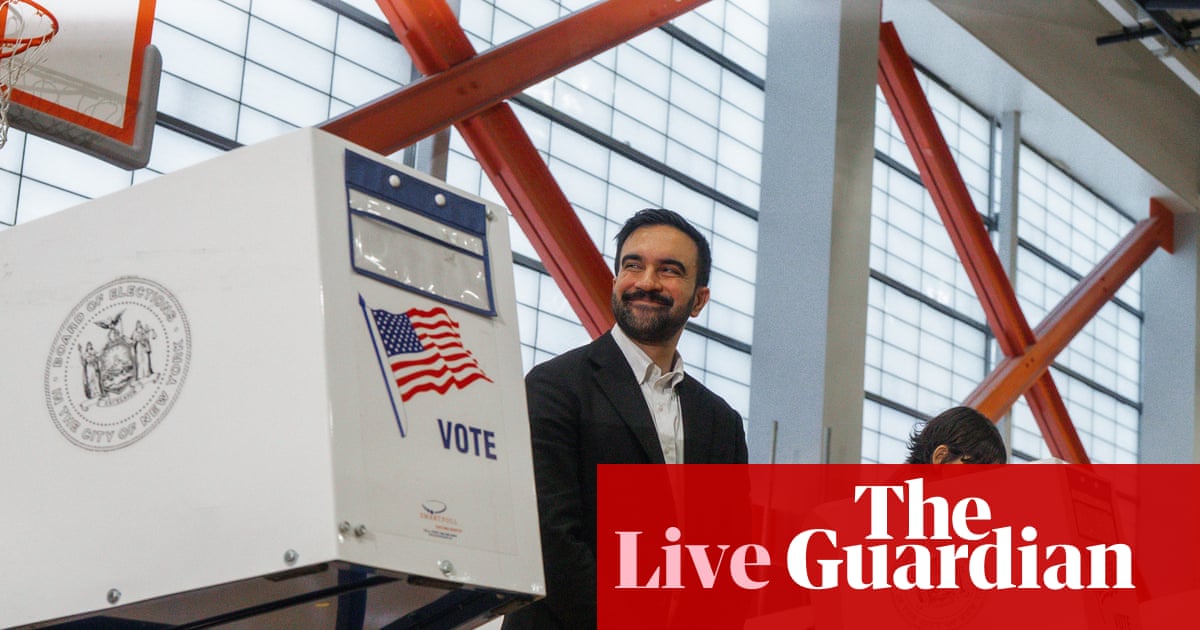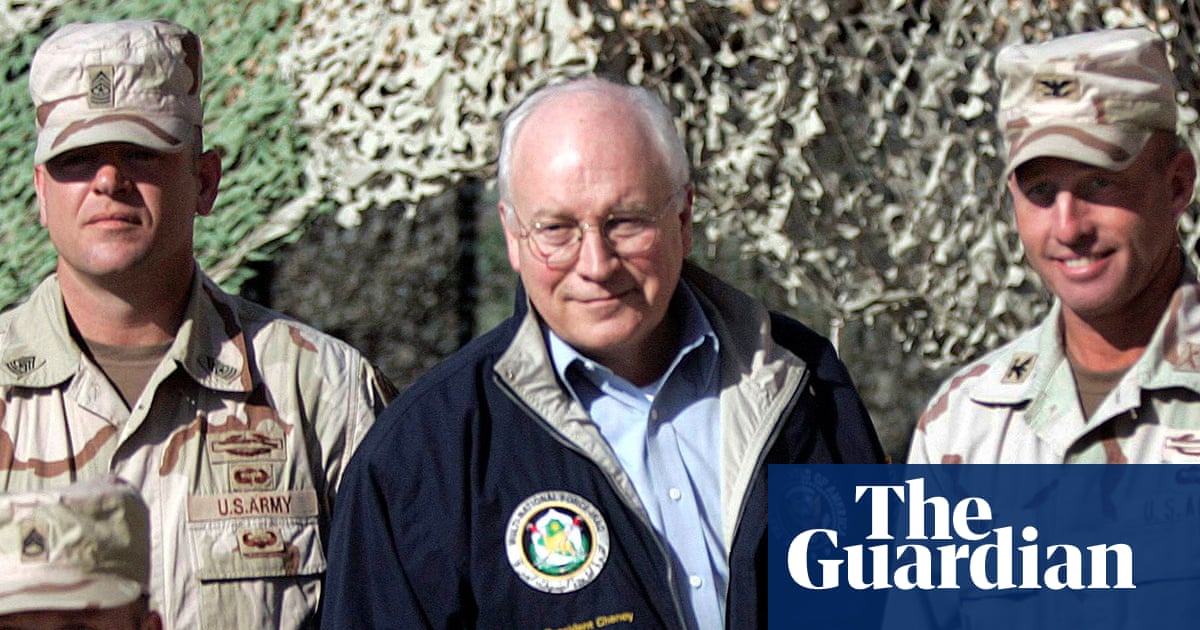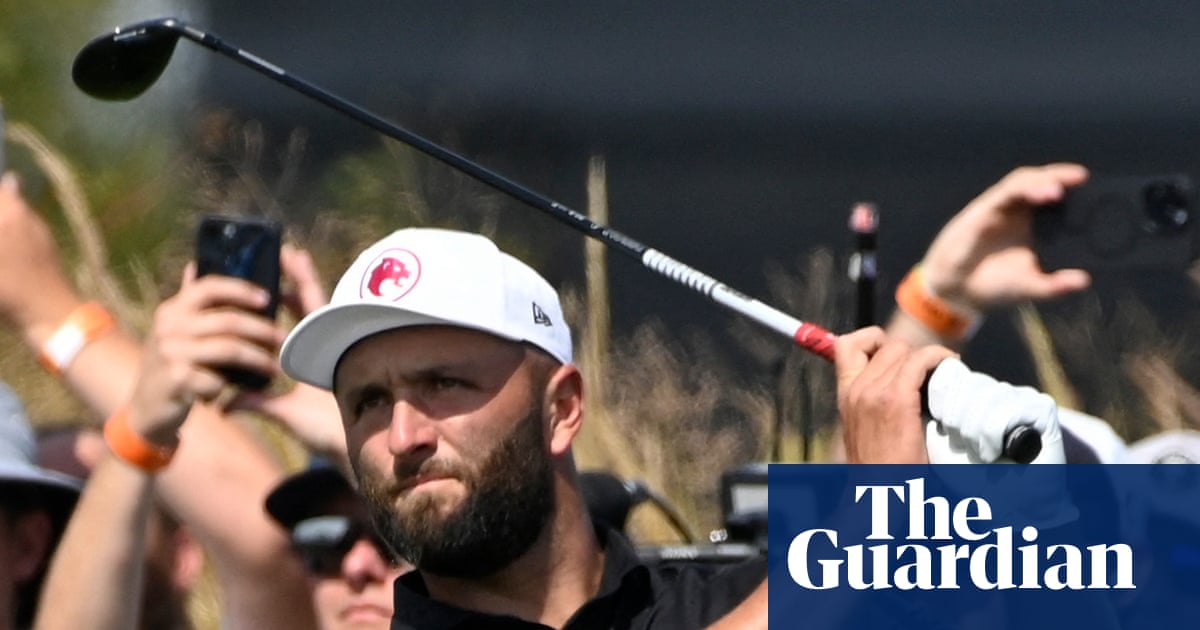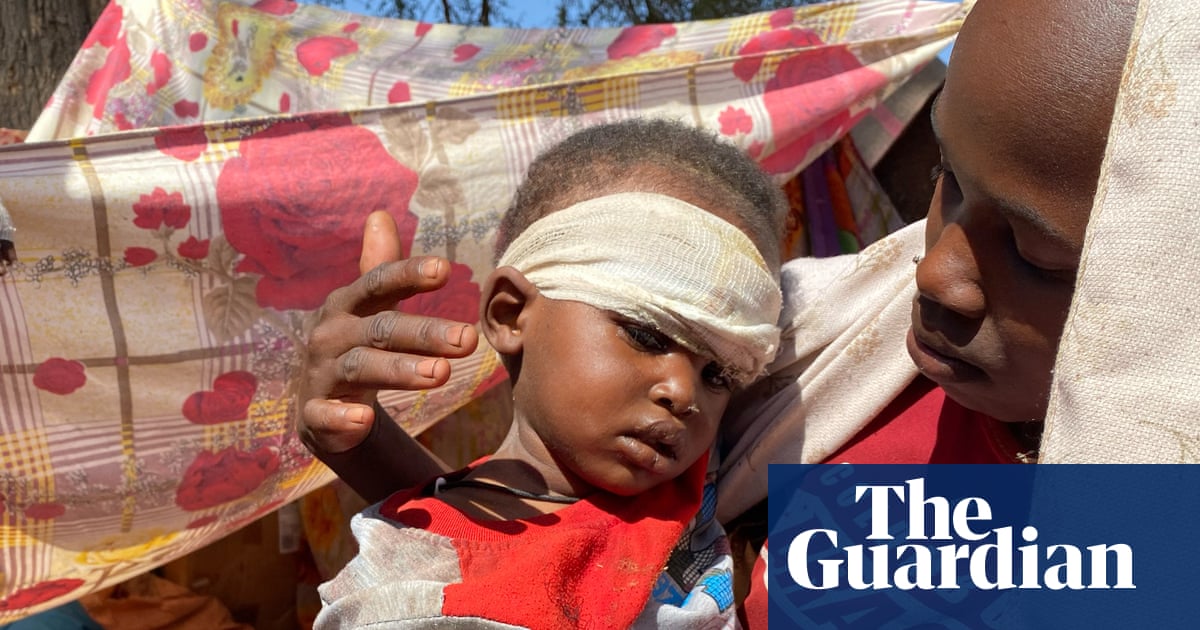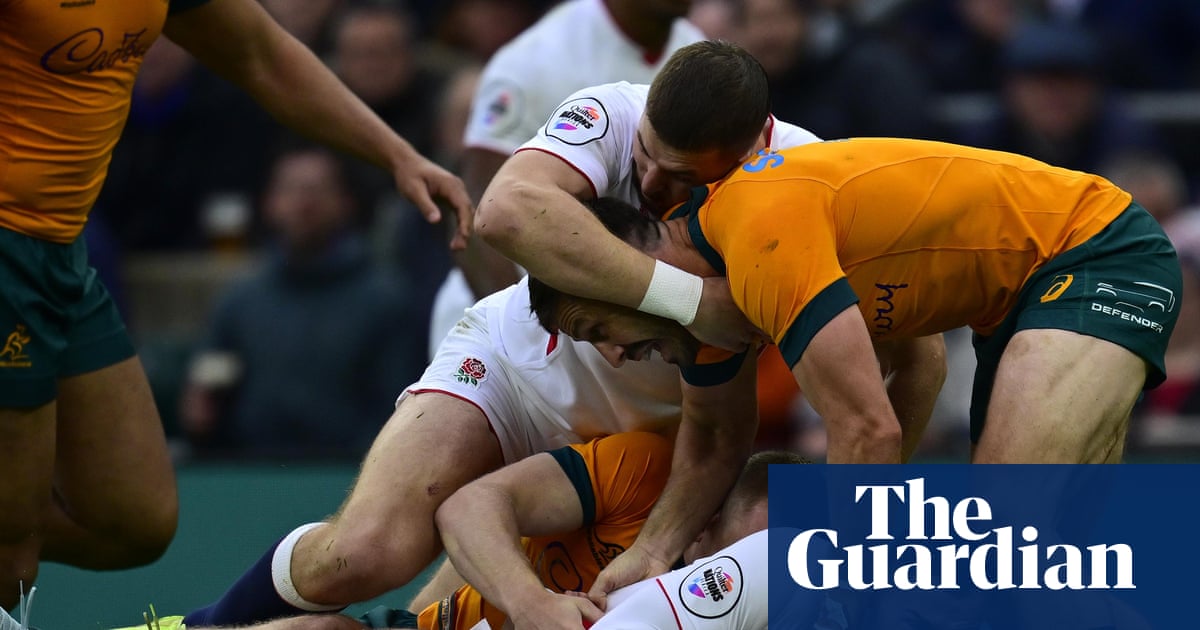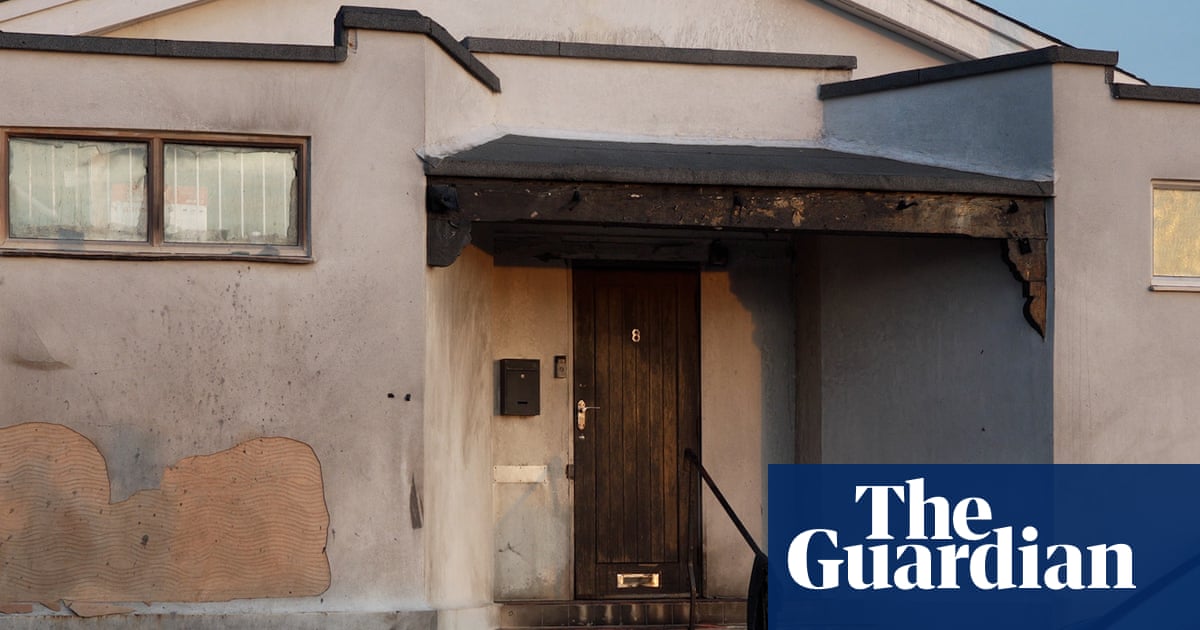The families of two children allegedly murdered in Melbourne’s outer west on the weekend are “shattered” and the community “terrified” as police continue to hunt the perpetrators responsible for the machete killings.
It comes as the Victorian premier promised the government would stand with the South Sudanese community “in their fight against the cancer of youth gang crime that is breaking their community’s heart”, announcing she would convene an existing working group.
Dau Akueng, 15, and a 12-year-old boy were allegedly murdered while walking home in Cobblebank in Melbourne’s outer west on Saturday evening.
The alleged attack came days after the state’s machete ban came into effect on 1 September, with members of the public urged to dispose of the long-bladed weapons in special amnesty bins installed at 45 police stations across the state.
Witness reports and CCTV vision showed the killings were committed by up to eight masked males armed with machetes and long blades.
Police believe the stabbings were targeted, but were also investigating whether this was a case of mistaken identity, saying the victims were not gang members.
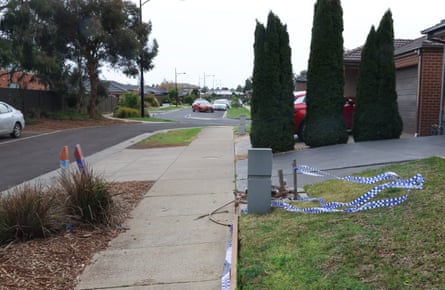
Monica Majak, a leader in the South Sudanese community, spent Monday morning visiting the families of the two boys. She said the families had been “shattered, very badly” by the deaths and were in immense grief, but were surrounded by their community.
The whole morning, Dau’s mother had been crying, asking when her son would come back home, she said.
“Their world has been turned upside down,” Majak told Guardian Australia.
“These young children, they were just angel kids. They didn’t do anything; they were very good boys. They didn’t have any issues, even in basketball, they didn’t ever have issues with anyone.”
Majak said the community was “feeling terrified,” with the alleged murderers still on the run. She said in the last two weeks, there had been two more deaths inside the South Sudanese community from crime and called on the government to do more to tackle the issue.
“The government is not serious,” she said. “They’re not serious about fixing this, because this is not the first time. This is not even one child that dies, or two children die, in this case, so many kids.
“The government needs to do something about it.”.
In a statement on Monday evening, the premier, Jacinta Allan, sent “my profound condolences directly to the families, friends and schoolmates of two children we lost to a senseless crime”.
“Crime hurts everyone in our community – but it hurts victims and their families the most,” she said.
Allan said she had spoken with two South Sudanese community leaders and told them “we stand with them in their fight against the cancer of youth gang crime that is breaking their community’s heart”.
She said she would convene the government’s South Sudanese Australian youth justice expert working group, with meetings to take place in the community.
“The solutions to the fight against violent crime can’t just be imposed upon the community. They must come from the community,” she said. “We will stand with them every step of the way to put an end to this scourge.”
after newsletter promotion
Victoria’s chief police commissioner, Mike Bush, on Monday backed calls from a senior detective for harsher penalties for youth crime.
Over the weekend, Detective Inspector Graham Banks said youth crime had been steadily getting worse for a decade and he called on the state government to increase sentences.
“As I stand here before you, I think the penalties aren’t in balance with what community expectations are or mine,” the senior officer said on Sunday after the killings.
On Monday, Bush acknowledged Banks’ comments, saying he “said what many of us think”.
“He has my full support … there must be consequences for those who commit these crimes which drive fear in our community,” Bush said in comments reported by the Herald Sun.
But the Victorian government has stopped short of committing to harsher penalties for young criminals. Victorian police minister, Anthony Carbines, on Monday said the government had responded to police frustration with two pieces of legislation to strengthen bail laws and give officers greater stop and search powers.
While he was “happy to accept responsibility for these matters”, the minister gave no commitment when asked if more changes were required.
The two victims were both avid basketballers, playing in finals games the evening before they were killed.
Manny Hendrix met Dau in 2017 and later coached him through a youth development program at the Collingwood Basketball Association. He said Dau had previously told him it was dangerous for him to walk home from Cobblebank train station.
“He’s been saying that for years,” he said. “More kids are carrying around weapons. He was concerned about that.”
Dau tried to surround himself with other athletes, Hendrix said. He said Dau had missed recent morning practice sessions for a high-performance training program for youth at Victoria University because his parents did not want him walking to the station early in the morning.
In a statement, the Melton basketball association said the impact of the losses was “felt deeply” across the whole community.
“The Melton basketball community has been shocked and saddened by the unnecessary loss of two of our young members overnight,” the statement said. “Our hearts, thoughts and prayers are tonight with the family and friends of the two boys, as they deal with unimaginable loss.”

 1 month ago
68
1 month ago
68
